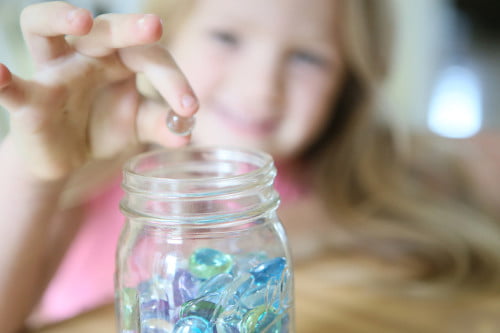 Who do you trust?
Who do you trust?
When do you trust more?
Why do you trust less?
These are questions I think about a lot as pastor who helps others talk about their relationships, as a friend who wants to listen well and as person who cares about the health of my soul.
Throughout my life, like many of you, I've wrestled much with the two extremes of trust: trusting the wrong people too much AND the right people not enough. It boils down to two words: shoulds and woulds.
I think I should confide in particular people because our shared history demands it.
But they don't call me (unless I call them). We really don't have much of anything in common to do when we are in the same space. And, our time together could be summed up by mixed signals and hurt feelings.
But, still I offer up part of myself to these relationships out of the obligation of should. And I just feel gross afterwards.
There are those I would like to get to know better.
I am attracted to their energy and way of being in the world. I admire their presence in a room from the start, and conversations move quickly from small talk to the real stuff (my favorite!). I can't wait till our next get-together.
But, then I share too little of myself with these people out of fear, putting the would of the friendship in the distant future when I have more courage.
But isn't life too short for all of this unnecessary pain and delayed blessings?
Over the past year, I'm so glad to have found a new teacher in Brene Brown-- an acclaimed shame and vulnerability researcher made famous several years ago by this must watch Ted Talk. Consider this object lesson, Brown writes about in her 2012 book, Daring Greatly.
When Brown's 3rd grade daughter, Ellen, came crying from school one day about some caddy girls on the playground who shared her secrets in a way she did not intend, Brown invited Ellen to think about the marble jar that sat in the middle of her classroom.
Ellen's teacher, you see, had a practice of putting marbles in a large jar on a regular basis when the children followed the rules and worked together well as a team. When they misbehaved and disrespected the rules and one another, she took marbles out. When the bucket brimmed at the top, the class got a big reward like a pizza or ice cream party.
Brown says this: "I told Ellen to think about her friendships as marble jars. Whenever someone supports you, or is kind to you, or sticks up for you, or honors what you share with them as private, [it's like] putting marbles in a jar. When people are mean, or disrespectful, or share your secrets, marbles come out. . . . Trust is built one marble at a time."
It's not that you cut yourself from relationship from the "marble takers" but you don't give your secrets, dreams or power to them. You save the best for who has earned your trust (and visa versa).
And I have to say, this marble illustration has been such a big gift to me. I've trusted differently.
I've said "YES" and "NO" with greater clarity.
I don't begin as many sentences with an "I should."
My heart rests easier at night with joy with more "woulds" realized.
I find myself musing, "I can't believe this is how I'm living my life!"
So, what about you? Have you looked at your jar lately?